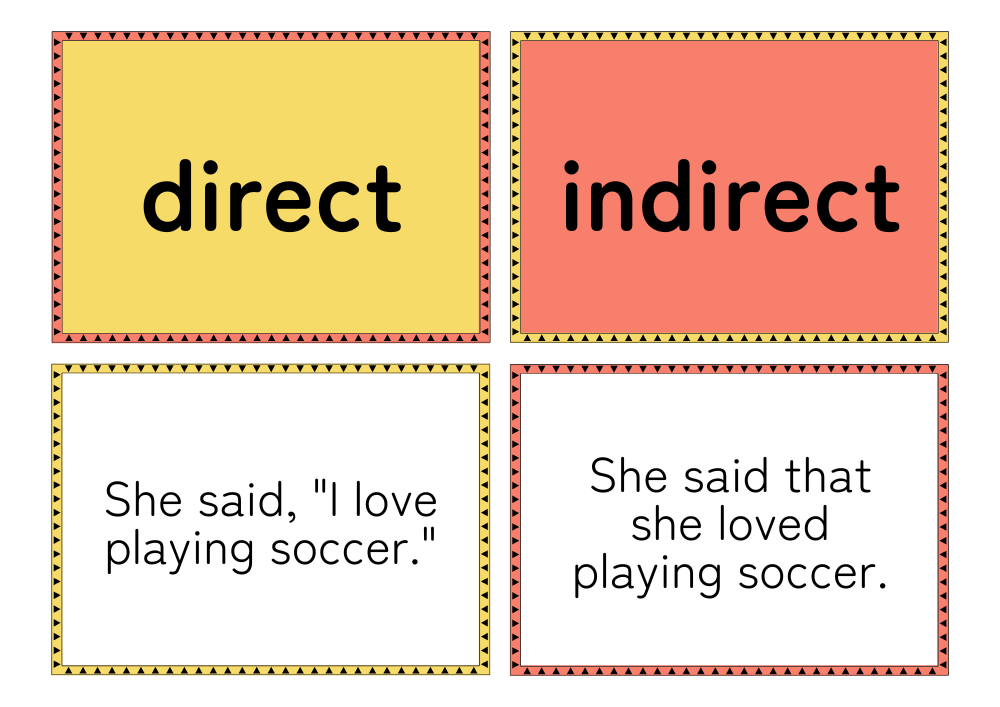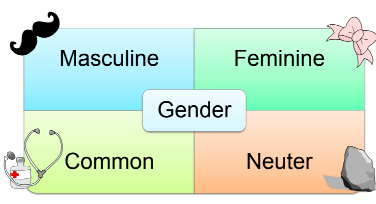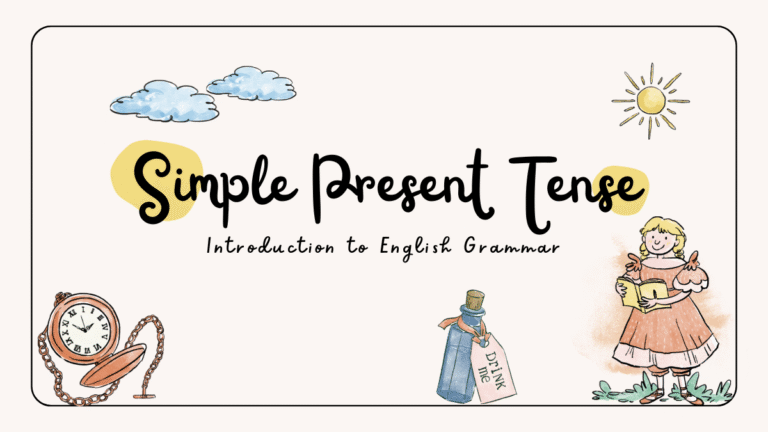Adverbs Change in Direct and Indirect Speech
When we report what someone said, we don’t just change the tense and pronouns, we also often change adverbs, especially those related to time and place. Understanding how adverbs change to direct and indirect speech is essential for accurate and grammatically correct reported speech. Here, we’ll explore how to change adverbs when converting from direct to indirect speech with examples and simple rules.
Why Do Adverbs Change?
Adverbs tell us when, where, or how something happens. But when we report someone’s words, the context of time or place may shift. Below are some examples to clarify.
Example:
Direct Speech: She said, “I’ll come tomorrow.”
Indirect Speech: She said that she would come the next day.
We use “the next day” instead of “tomorrow” because the report is being made later.
Common Adverb Changes
Here are some of the most common adverbs and their changes to direct and indirect speech when reporting speech:
| Direct Speech | Indirect Speech |
|---|---|
| now | then |
| today | that day |
| tomorrow | the next day / following day |
| yesterday | the day before / previous day |
| tonight | that night |
| this morning | that morning |
| this afternoon | that afternoon |
| this evening | that evening |
| next week | the following week |
| last week | the previous week |
| next month | the following month |
| last month | the previous month |
| next year | the following year |
| last year | the previous year |
| a moment ago | a moment before / earlier |
| the day before yesterday | two days before |
| the day after tomorrow | in two days |
| in an hour | an hour later |
| ago | before |
| soon | shortly / soon (sometimes unchanged) |
| here | there |
| this | that |
| these | those |
| come | go (depending on context) |

Example Sentences
1. Direct: He said, “I met her yesterday.”
Indirect: He said that he had met her the day before.
2. Direct: She said, “I will go tomorrow.”
Indirect: She said that she would go the next day.
3. Direct: They said, “We are working now.”
Indirect: They said they were working then.
4. Direct: I said, “She was here last night.”
Indirect: I said that she had been there the previous night.
5. Direct: He said, “I met him two days ago.”
Indirect: He said that he had met him two days before.
Rules
- If the reporting verb is in the past tense (e.g., said, told), then you must usually change the adverbs to direct and indirect speech.
- If the reporting verb is in present tense (e.g., says, tells), you usually don’t need to change the adverbs.
Examples:
He says, “I will come tomorrow.”
He says he will come tomorrow. (No change)
He said, “I will come tomorrow.”
He said he would come the next day. (Change needed)
Q1: Are all adverbs changed in reported speech?
No. Mostly time and place adverbs are changed from direct and indirect speech. Adverbs of manner (quickly, slowly) usually stay the same.
Q2: Do we always change “now” to “then”?
Yes! if you’re reporting at a different time than when the statement was made.
Q3: Is “here” always changed to “there”?
Yes! unless you’re still in the same place where the original speech happened.
Q4: What about “last night”?
“Last night” becomes “the previous night” or “the night before.”





